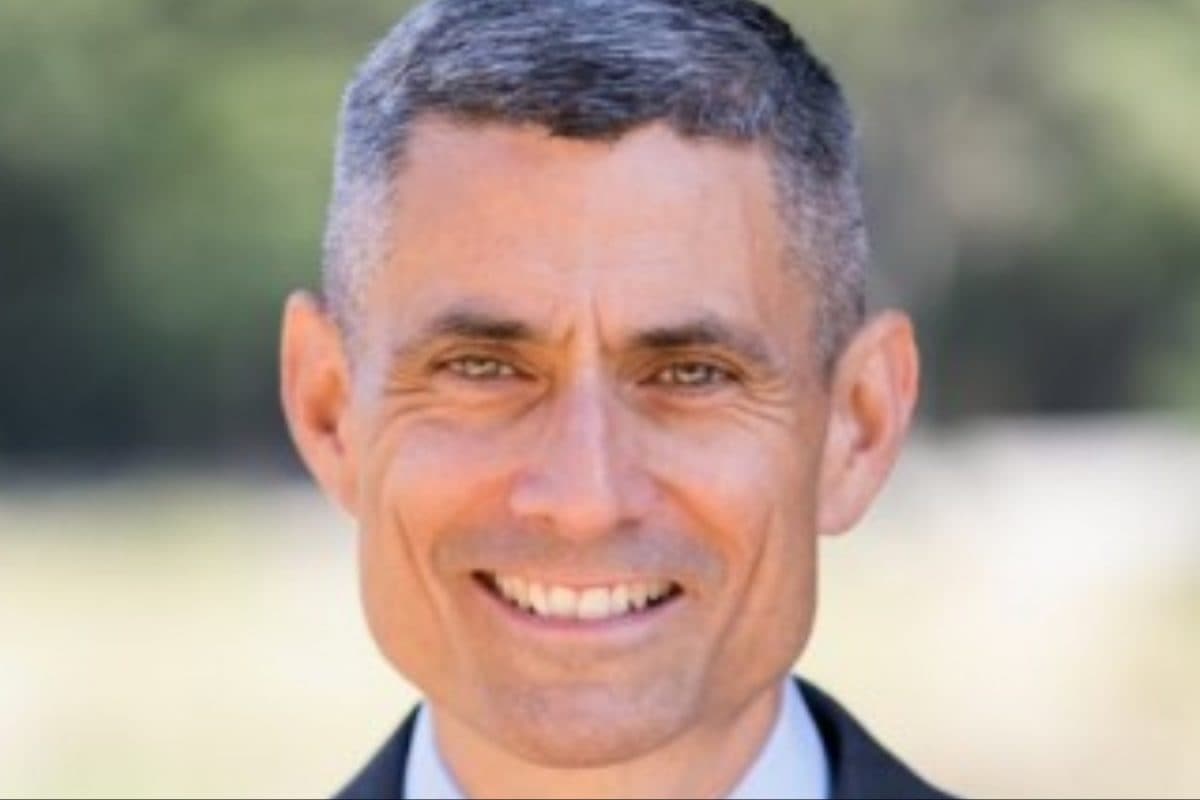

Paul Kapur, an American scholar of Indian origin, has been nominated by President Donald Trump to be the Assistant Secretary of State for South Asian Affairs. The nomination signals a potential shift in US policy in the region, particularly concerning relations with India and Pakistan. If confirmed by the Senate, Kapur would replace Donald Lu, whose term ended in January 2025.
Kapur is a professor in the Department of National Security Affairs at the United States Naval Postgraduate School. He is also a visiting fellow at the Hoover Institution, Stanford University. His areas of expertise include nuclear security, Indo-Pakistani relations, and broader South Asian strategic affairs. He has also served on the State Department's Policy Planning Staff, working on issues related to South and Central Asia, Indo-Pacific strategy, and U.S.-India relations. He directs a United States-India Track 1.5 strategic dialogue, as well as other U.S.-India engagements, for the Department of Defense.
Born in New Delhi to an Indian father and an American mother, Kapur's connection to South Asia is both personal and professional. While he grew up in the United States, he developed a keen interest in the region, leading him to study it in graduate school and eventually work on it as a scholar and government official. He earned his Ph.D. from the University of Chicago and his B.A. from Amherst College.
Kapur has authored several books and articles on South Asian security, including "Dangerous Deterrent: Nuclear Weapons Proliferation and Conflict in South Asia," "Jihad as Grand Strategy: Islamist Militancy, National Security, and the Pakistani State," and "India, Pakistan, and the Bomb: Debating Nuclear Stability in South Asia." His work has appeared in leading academic journals and media outlets, reflecting his deep understanding of the region's complex dynamics.
During his nomination hearing before the Senate Foreign Relations Committee on June 10, 2025, Kapur outlined his approach to key relationships in the region. He emphasized the importance of the U.S.-India partnership, citing shared interests in ensuring a free and open Indo-Pacific region, expanding bilateral trade, facilitating technology sharing, and ensuring access to energy. He stated that he would work to further advance US-India relations.
Regarding Pakistan, Kapur stated that he would pursue security cooperation where it benefits U.S. interests, while also seeking opportunities for bilateral collaboration in trade and investment. He acknowledged that South Asia recently avoided a costly conflict, with the Vice President and Secretary of State deeply engaged on the issue. If confirmed, he pledged to promote longstanding U.S. security interests with both India and Pakistan through the pursuit of peace and stability, and the fight against terrorism.
Kapur also addressed the situation in Afghanistan, stating that he would support President Trump and Secretary Rubio in bringing home remaining detained Americans. He also vowed to work to ensure that the country never again becomes a launching pad for terrorism threatening the homeland. He also noted the importance of Sri Lanka, Bangladesh, Nepal, Maldives, and Bhutan for stability in the Indo-Pacific region and said that he would advocate for enhanced U.S. cooperation with these nations to bolster security, counterbalance China's influence, and expand trade.
Some analysts suggest that Kapur's appointment signals a stronger US-India strategic alliance, posing challenges for Pakistan's security and diplomacy. He has been described as a proponent of deepening strategic ties between the two countries. Kapur has also been critical of Pakistan's alleged support for Islamist militant groups, suggesting that this has been a central pillar of the country's grand strategy.